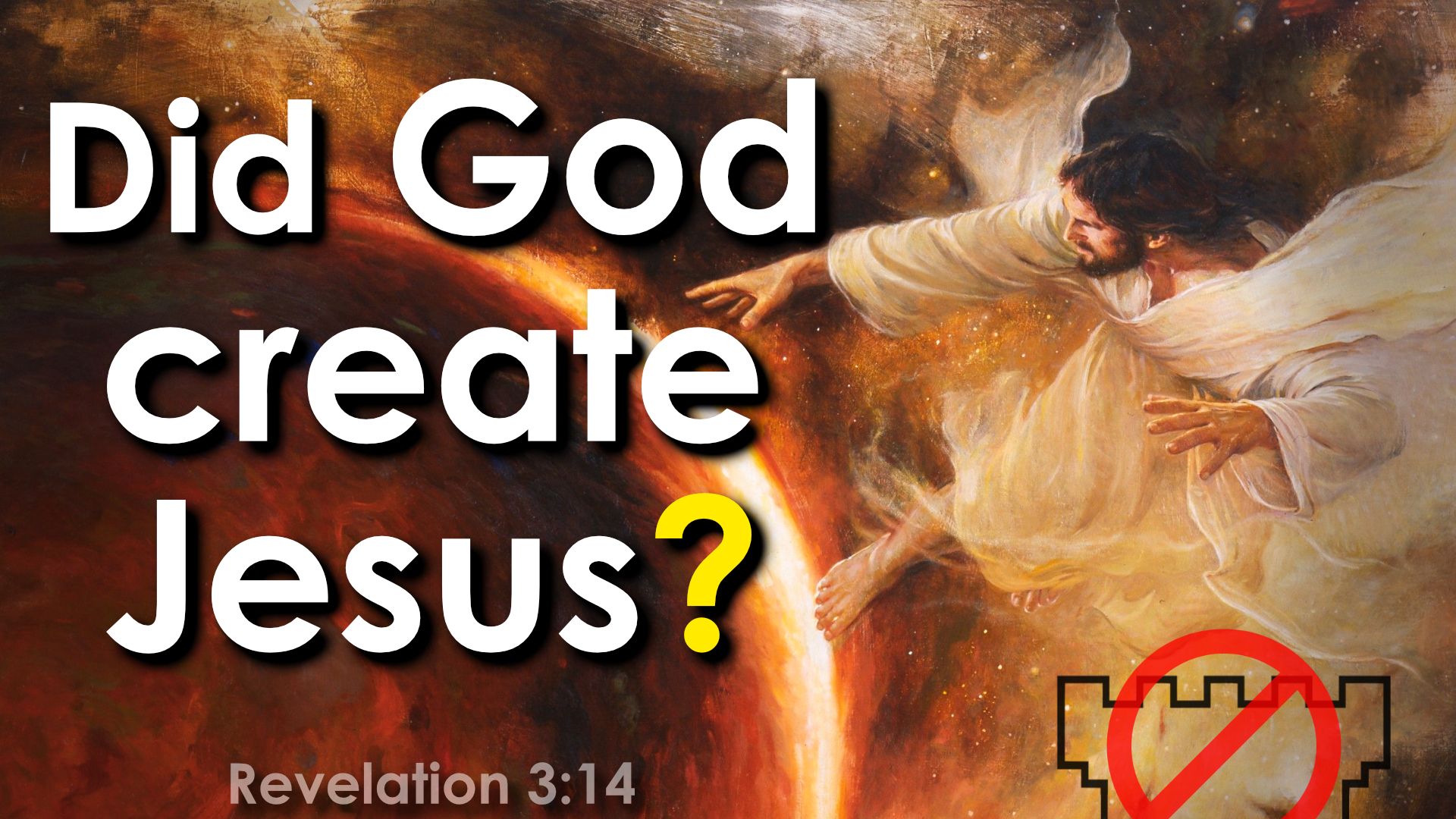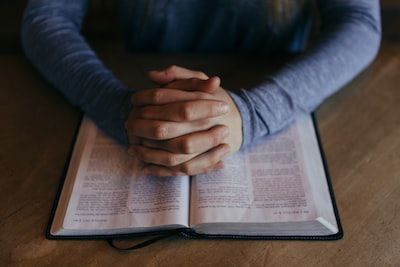Revelation 3:14
And unto the angel of the church of the Laodiceans write; These things saith the Amen, the faithful and true witness, the beginning of the creation of God
In the Book of Revelation, we have highlighted for us the real issues at play just before the second coming of Christ. The issue in the Book of Revelation is really all about worship, specifically who will you worship: the true God or the dragon? This is really the issue in the Book of Revelation. You can't ignore it, you can't escape it, you can't try and minimize it and you can't shift it without doing Injustice to the book. So, the issues are very clear.
The beginning of the book of Revelation starts with a special message, a seven-fold message to the seven churches. We know that because Christ there gives an encouragement and a warning to his people, to his churches. There are seven churches and seven messages that include encouragement, warning, rebuke, and exhortation. The different conditions that exist among God's people are really highlighted in these seven churches individually and collectively. They represent the conditions that exist among God's people on an individual level and also on a collective level. One of the most serious warnings and alarming rebukes given to the churches is the one directed at the last church: Laodicea. It is plagued with this fatal blindness according to the diagnosis of Jesus himself.
You quickly learn from this message to the Laodiceans that there is nothing good mentioned about that church. Many times, the seven churches are understood as different periods in history that different church phases occupied. But very specifically it also applies to the condition of God's people; the condition of heart and mind, where they stand how they are doing individually and collectively. This is dealing with the church, not just as a time period and doesn't apply to us, it applies to a condition that exists among God's people. In that sense it is applicable across all time, it fits whoever that applies to. Thus, there is nothing good about this Laodicea church. It's a rebuke, it's a very serious warning, it's a very grave warning and it's got one element that is very fatal that I want to pinpoint: willful blindness.
I want to look at this verse and just explain some things about it. First of all, the title of Jesus being referred to as “the Amen”. Jesus introduces himself to the seven churches in different ways. To the Church of Laodicea he refers to himself as “t the Amen, the faithful and true witness, the beginning of the creation of God”. I want to explain those descriptions.
We say Amen at the end of our prayer which actually means “so be it,” it's an affirmation. It means let it be so, a form of confirmation. We don't generally think of Amen as actually a name for Christ yet here he is called “The Amen.” That's like a conclusive ending and the inverse of that on the other end is “the beginning of the creation of God.” I want to explain that because what Jesus is really saying here is this: listen, I am the ending and I am the beginning.
What does it mean when it says he’s “the beginning of the creation of God”? A lot of people misunderstand that. It's not that he is the first creation of God, no, far from it. Rather, the creation of God finds its beginning in him. That's what it means. The creation of God has its start in him, or in other words, he is the active agent in creation. He's the one who was with God from the beginning, he's the one who created all things, he's the beginner of the creation of God. That’s what it's talking about, he's the one who started that. In other words, Jesus is presenting himself to the Laodicean church as the last and the first. They're the last church so he says to them I am the Amen (the end) and the one through whom creation finds its beginning (the start), the beginner of creation.
This verse is not talking about Christ being created or any such thing. It's really talking about the divine status of Christ as none other than the Son of God. He's the divine Son of God. He was with the Father from the beginning. A little later in that passage he indicates this sonship because in Revelation 3:21 he says “I am set down with my father in his throne.” By just looking at the speaker here and the identity of the speaker based on what he's saying, and the qualities that he ascribes to himself, gives us an insight of what is the point he's trying to emphasize to this particular problematic Church.
Christ was the only-begotten and divine Son of God who was with the Father from the beginning. He sits down with his Father in his throne. The author of the book of Revelation, the Apostle John, already established the identity of Christ and his divine sonship in his gospel. The two books (Revelation & John) are linked. The Gospel of John, authored by the Apostle of John, was written before the book of Revelation. At the close of his life, he writes Revelation after the failed attempt at killing him. His prior writings also include his three letters, composed in his senior years as an Elder.
The relevance of emphasizing this is because John already established something about the identity of Christ at the very first piece of writing, in his gospel. That is the theme that is throughout the whole gospel of John, but also, it's on that basis that Christ used John to reveal things to him in what is known as the Revelation. It’s the same Christ, the same identity that John established about Christ in his gospel, this is the same Christ and he's building on that in the Book of Revelation.
I want to highlight John's own summary from his gospel where he established the identity of Christ. This will help us confirm what Jesus means by the qualities he ascribes to himself in speaking to the Laodicean church. Here it is, the conclusion of John's gospel, this is how he puts it in John 20:31 “But these are written, that ye might believe that Jesus is the Christ, the Son of God; and that believing ye might have life through his name.” Here is the clear purpose of John's writing: that the reader might believe that Jesus is the Christ, in other words he's the Messiah, the Son of God. Those are synonymous, believing Christ as the Messiah is to accept him as the Son of God. You can't separate the two.
Then the practical application of this or the whole purpose of it is that believing you might have eternal life. So, believe in Christ as the Son of God, that he's the Messiah and that belief is what gives you eternal life. This is what John's gospel is all about; this is what the writing of John is all about. And the Book of Revelation, which has to do with the issue of worship in the last days to prepare people for the second coming of Christ, it's also all about the identity of Christ as well. That's why Christ introduces himself to the Church of the Laodiceans as the Amen and the beginning of the creation of God, the one who was with the Father who created all things. He is the Son of God – God is His Father. He's not going into detail to try and establish and prove that in Revelation because John did that already in his gospel.
Jesus is speaking clearly to a church that's in a big mess and they are convinced of the very opposite. Will we remain in fatal blindness like them or will we awaken?


